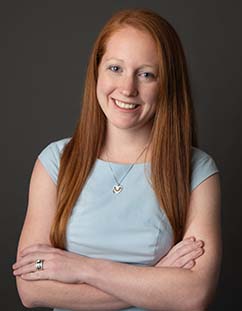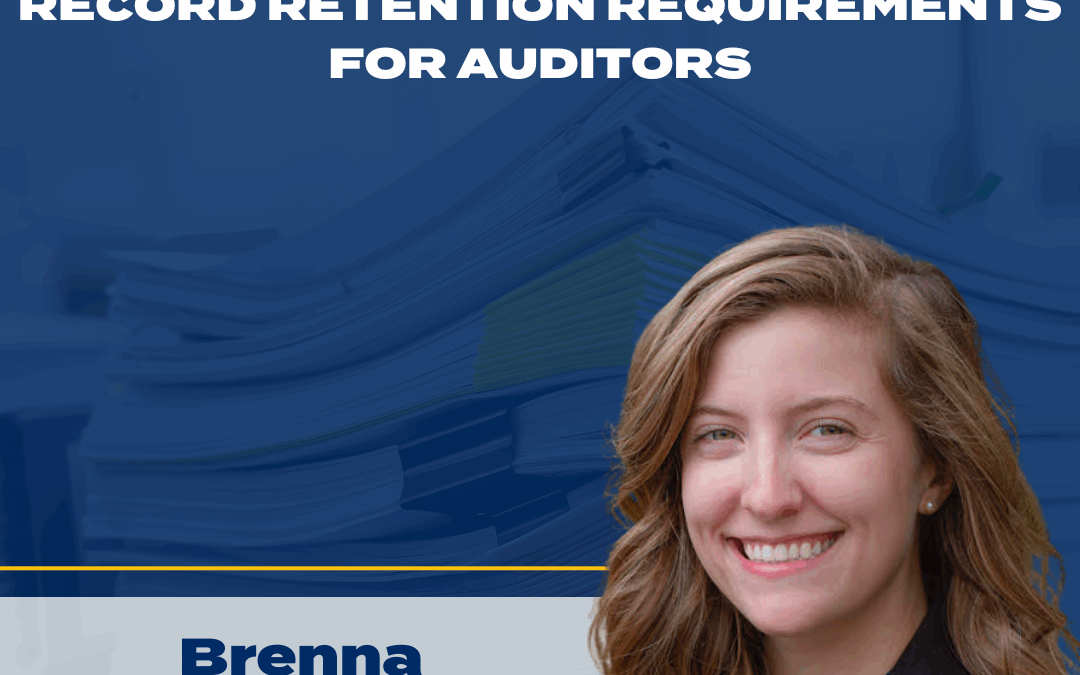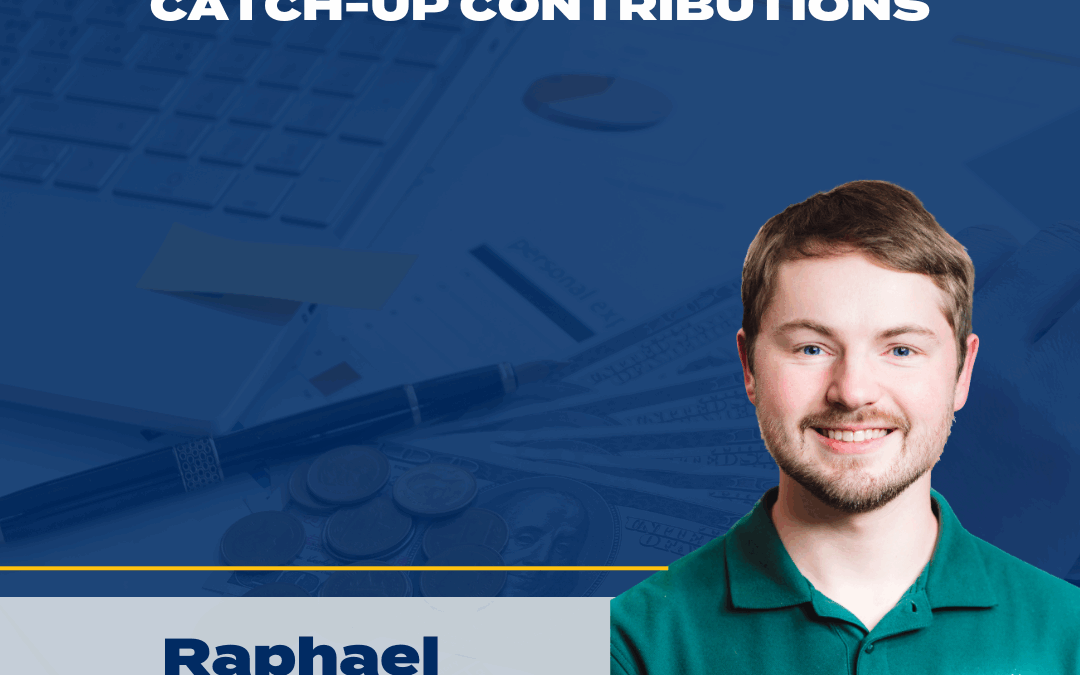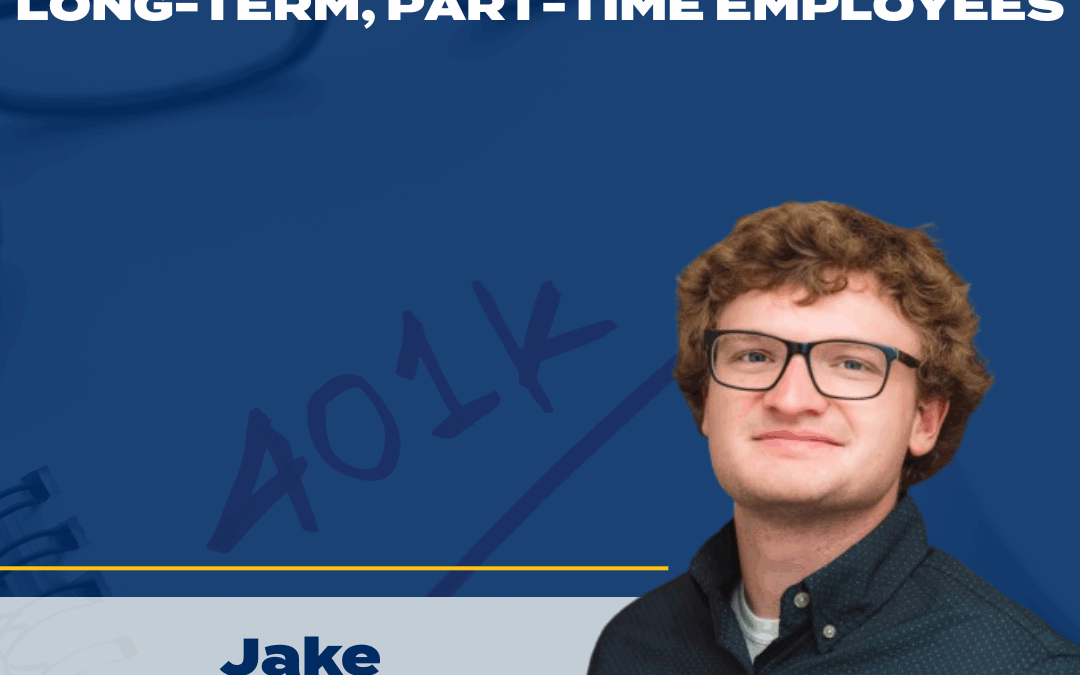There are a few things plan sponsors can do to help ensure their 401(k) plan stays up to date and on track with changing regulatory requirements. We have outlined three important items to help you keep your 401(k) plan in compliance with regulatory requirements and maintain its tax-qualified status.
Fee disclosures/required communications
In 2012, the Department of Labor (DOL) released a new rule that requires additional disclosures related to plan and investment information. Each plan participant or beneficiary must be provided with the following plan-related information and investment-related information up front and annually thereafter:
- General Plan Information – information about the structure and mechanics of the plan, such as a list of the plan’s current investment options.
- Administrative Expense Information – an explanation of any administrative fees or expenses that may be deducted from an individual’s account, such as legal, accounting or recordkeeping fees.
- Individual Expenses Information – an explanation of any fees or expenses that may be deducted from an individual’s account based on actions taken by that individual, such as fees and expenses for plan loans or fees for processing qualified domestic relations orders (QDRO).
- Performance Data – specific information about historical investment performance, such as 1-, 5-, and 10-year returns for investment options that do not have fixed rates of returns. For investments that have a fixed rate of return, the annual rate of return and the term of the investment must be disclosed.
It is the plan sponsor’s fiduciary responsibility to monitor expenses and determine if the fees are reasonable. Plan participants are also required to receive certain communication about the plan which includes safe harbor notices, automatic enrollment notices, summary annual reports, and the summary plan description. It is important for the plan sponsor to know who is preparing this communication, who will distribute it, when the notices are required and what are the appropriate delivery options.
Plan document review
The plan document contains written guidelines for eligibility requirements, contribution formulas, benefit payment requirements, vesting percentages, and much more. It is important to review the plan document at least annually to ensure it is in compliance with any recent law changes, and to ensure its tax-qualified status is not at risk. When reviewing the plan document, confirm that the eligible compensation listed in the plan document is the actual compensation being deferred on. As you are reviewing the plan document, consider the last time it was updated. DOL regulations require the plan document be updated at least every five years if there have been material changes to the plan; however, if there haven’t been any changes, it is required to be updated every 10 years.
Filing requirements
The plan sponsor should be aware of annual filing requirements with the Internal Revenue Service (IRS) and DOL. Also, an audit of the 401(k) plan may be necessary depending on the number of eligible participants. The plan sponsor should stay up to date on these requirements and ensure they are filing the correct information in a timely manner.
Providing fee disclosures/required communications, reviewing the plan document, and knowing the filing requirements are all very important topics when it comes to keeping your 401(k) plan in compliance with regulatory requirements. As the plan sponsor, you have the fiduciary duty to ensure the 401(k) plan maintains its tax qualified status, and keeping up on the above three items will help you fulfill that fiduciary duty.
Please contact a member of the Hawkins Ash CPAs employee benefit plan team if you have any questions or need assistance regarding this topic.





